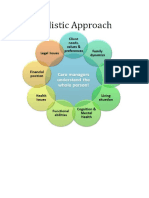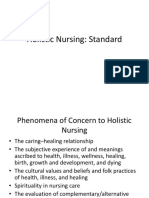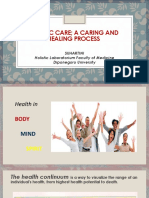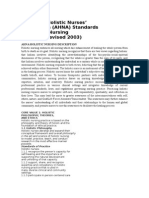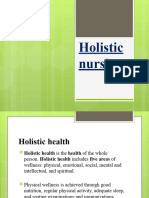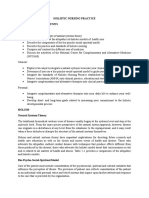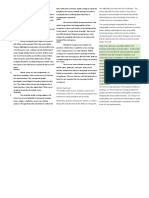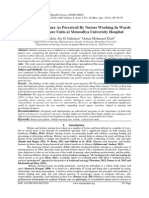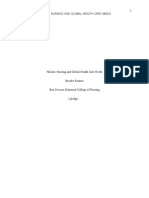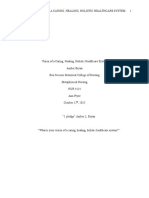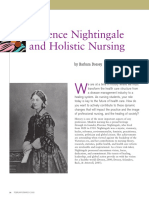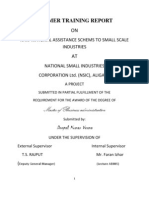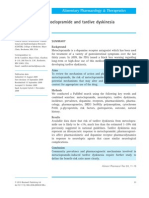0% found this document useful (0 votes)
70 views13 pagesFundamentals Assignment
The document is an assignment on Holistic Nursing Care submitted by Group Azalea at Manikganj Nursing College. It outlines the definition, principles, areas of care, goals, attributes, significance, and practices of holistic nursing, emphasizing the interconnectedness of mind, body, spirit, and environment in patient care. Additionally, it discusses the integration of technology in enhancing holistic nursing practices.
Uploaded by
Najib AbdullahCopyright
© © All Rights Reserved
We take content rights seriously. If you suspect this is your content, claim it here.
Available Formats
Download as PDF, TXT or read online on Scribd
0% found this document useful (0 votes)
70 views13 pagesFundamentals Assignment
The document is an assignment on Holistic Nursing Care submitted by Group Azalea at Manikganj Nursing College. It outlines the definition, principles, areas of care, goals, attributes, significance, and practices of holistic nursing, emphasizing the interconnectedness of mind, body, spirit, and environment in patient care. Additionally, it discusses the integration of technology in enhancing holistic nursing practices.
Uploaded by
Najib AbdullahCopyright
© © All Rights Reserved
We take content rights seriously. If you suspect this is your content, claim it here.
Available Formats
Download as PDF, TXT or read online on Scribd
/ 13




